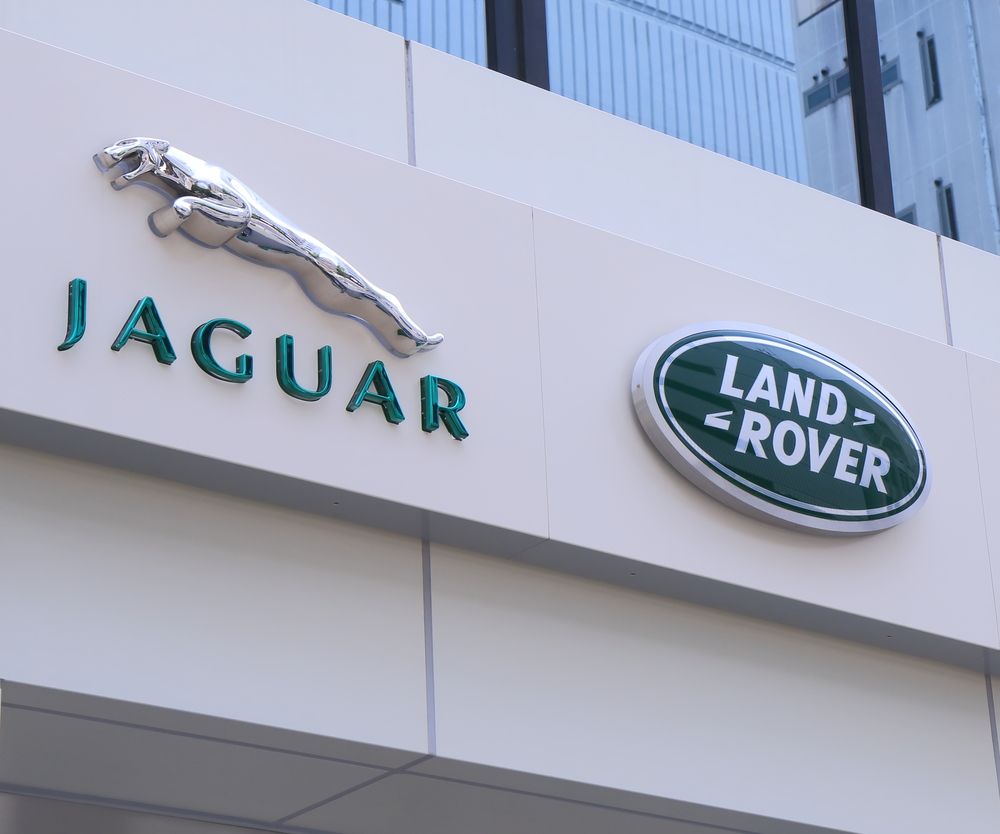Tesco steps up food waste battle, sugar-laden products reformulated, eco-friendly holidays, UK emissions, Jaguar Land Rover goes green, Costa brews up sustainability, and packaging checklist
Tesco open online food waste ‘hotline’ for suppliers
TESCO HAS launched an online food waste “hotline” to work with suppliers and producers to identify potential food waste, and act as a preventative measure.
The platform enables members to share knowledge via an online community supplier network. It will serve as a link between the retailer and its 5,000 partners to alert Tesco to potential supply chain food waste and work together to take action, providing a more sustainable supply chain.
This news follows the commitment Tesco has made previously that no surplus food will be wasted in its UK operations by the end of 2017. It has also partnered with the food charity FareShare and the social enterprise FoodCloud to produce an app to eliminate food waste.
Matt Simister, commercial director of fresh food and commodities at Tesco, said: “At Tesco, we have no time for waste and we are committed to reducing food waste wherever it occurs, from farm to fork. The food waste ‘hotline’ … helps our suppliers gain direct, easy access to our product teams, and this will enable us to identify food waste hotspots and systemic issues and work in partnership to tackle them.”
Sugar and salt targeted as FMCGs reformulate 180,000 products

A NEW REPORT shows that sodium and sugar have been the most targeted in the reformulation of thousands of products for food and beverage companies last year.
The survey, part of the latest Consumer Goods Forum (CGF) health and wellness progress report, covers retailers and consumer goods manufacturers. It follows the news last week that Nestle, one of the co-chairs of the CGF’s Health and Wellness pillar, has vowed to cut 10% of sugar from UK confectionery.
The results showed that more than 180,000 products have been reformulated by 75% of members. For food and beverage companies, sodium and sugar were most often targeted for removal in reformulation and whole grains and vitamins were the most common nutrients to be added. For personal care and hygiene companies, the removal of parabens was the number one target.
The CGF report also highlights that 44% of companies confirmed they were consulted by national and/or regional governments about the issue of improving health and wellness, demonstrating the impact of pressures from government as well as consumers to develop healthier food.
Sharon Bligh, director of health and wellness at The Consumer Goods Forum, said: “It's clear that larger companies are demonstrating excellent global leadership, but many other companies have only just joined us on our collective journey. The CGF must continue to be the global platform that inspires members to drive positive change and provide necessary support.”
One in ten European tourists book eco-friendly holidays

SUSTAINABLE TOURISM is most popular among German and French tourists, according to a global survey by TUI Group.
The survey, carried out by the world’s number one integrated tourism group, of 3,000 respondents, examined people’s attitude to sustainable travel in Germany, the UK, France, Sweden, Belgium and the Netherlands.
The results showed the one in 10 European tourists who travelled in the last two years book eco-friendly hotels. The figures for German and French tourists were 16% and 17%, respectively. For UK tourists it was 9%.
While 84% of respondents considered it important to ensure that every individual contributes towards reducing the CO2 footprint of their trip, 55% criticised a lack of information and choice as an obstacle to greater sustainability tourism.
Thomas Ellerbeck, member of TUI´s group executive committee and responsible for sustainability, said: “The results of the survey should encourage the entire tourism sector to drive joint sustainability standards further ahead, based, among other factors, on sustainability certification for hotels such as the schemes recognised by the Global Sustainable Tourism Council.”
UK emissions should be ‘net-zero’ by 2070, according to report

THE UK has to ramp its ambitions to cut CO2 emissions if it is going to help meet the goals of the Paris Agreement on climate change, according to new research.
The research, published in the journal Nature Energy, says the UK should aim to be carbon-neutral by 2070 at the latest or it will use up more than its fair share of the global carbon budget in line with the Paris agreement to keep global warming “well below” 2C. The UK’s 2008 Climate Change Act set a target of an 80% cut in domestic greenhouse gas emissions compared to 1990 levels, but was based on scenarios with a 50/50 chance of remaining below 2C.
The research says the UK needs a policy package that would allow it to achieve net-zero emissions by as early as 2045, which would entail a cut in emissions by 9% each year, far higher than the 1% year-on-year reduction it has achieved since 1990. So far, only a handful of countries have explored net-zero emissions, including Bhutan, Costa Rica and Norway.
“This is the first paper that has applied this carbon budget-based approach over a post-2050 timeframe for a country-based analysis,” Steve Pye, senior research associate at the UCL Energy Institute and lead author of the paper. “[W]e suggest that the UK should certainly consider the need for a net-zero emissions target post-2050, to help guide policy and investment decisions in large scale infrastructure. There would also be much merit in rethinking whether the current UK policy is ambitious enough, given the Paris Agreement.”
Jaguar Land Rover signs 100% renewable electricity deal with EDF

JAGUAR LAND ROVER has signed a deal with EDF Energy to source all of its UK electricity from renewable sources until March 2020. The car manufacturer’s supply is backed by the renewable energy guarantees of origin, meaning a proportion of EDF Energy’s certified green electricity is designated specifically for JLR. The company has also invested in LED, reducing energy consumption at its manufacturing facility in Solihull, which is expected to save the company £750,000 per annum.
Ian Harnett, executive director of human resources and global purchasing and JLR, said: “Our aim is to give our customers assurance that the company’s electricity will come from renewable sources.” He said this was in addition to the solar array at JLR’s engine manufacturing centre in Wolverhampton, one of the largest rooftop installations in Europe.
Costa opens ultra-sustainable coffee roaster

COSTA this week opened up a new £38m roastery at its site in Basildon, Essex that will quadruple its roasting capacity to 45,000 tonnes per annum. The facility, which the company claims is “one of the most sustainable industrial buildings in the world”, boasts zero waste to landfill and renewable energy systems, including a 249kw solar roof system.
Costa’s managing director Dominic Paul said: “Costa is growing rapidly as a global business and our new roastery will provide the platform for sustained international expansion as we continue inspiring the world to love great coffee.”
The building will use solar energy to heat recycled and harvested rainwater, and has been fitted with LED lighting. The coffee beans used in the facility will be sourced from Rainforest Alliance-certified growers and shipped to Tilbury Docks, half the distance from the old roastery in Lambeth, generating less emissions as a result.
Ethical Corporation has previously reported on Costa’s initiative to partner with Bio-bean, to convert 3,000 tonnes of Costa’s waste coffee grounds into biofuel.
Business urged to go ‘above and beyond’ packaging legislation through new checklist

A NEW SUSTAINABILITY CHECKLIST has been released to help UK companies optimise their packaging systems. The Packaging for People, Planet and Profit checklist has been produced by the Food and Drink Federation and the Industry Council for Research on Packaging and the Environment. It provides a list of choices to help companies optimise packaging to improve resource efficiency of their supply chains, as well as cater to environmental and health and safety issues.
The checklist encourages firms to go “above and beyond” numerous legal requirements, including the EU Packaging and Packaging Waste Directive. It includes guidance to enhance efficiency of transportation and packaging disposal, and aims to stimulate innovation in packaging design in response to consumer demand.
In a statement welcoming the checklist, Environment Minister Thérèse Coffey said: “This framework is a strong development towards a more sustainable future, helping to increase resource efficiency and waste prevention, while contributing to an overall reduction in carbon use. A whole chain effort is needed to truly succeed, and we must all make the best use of our resources.”


